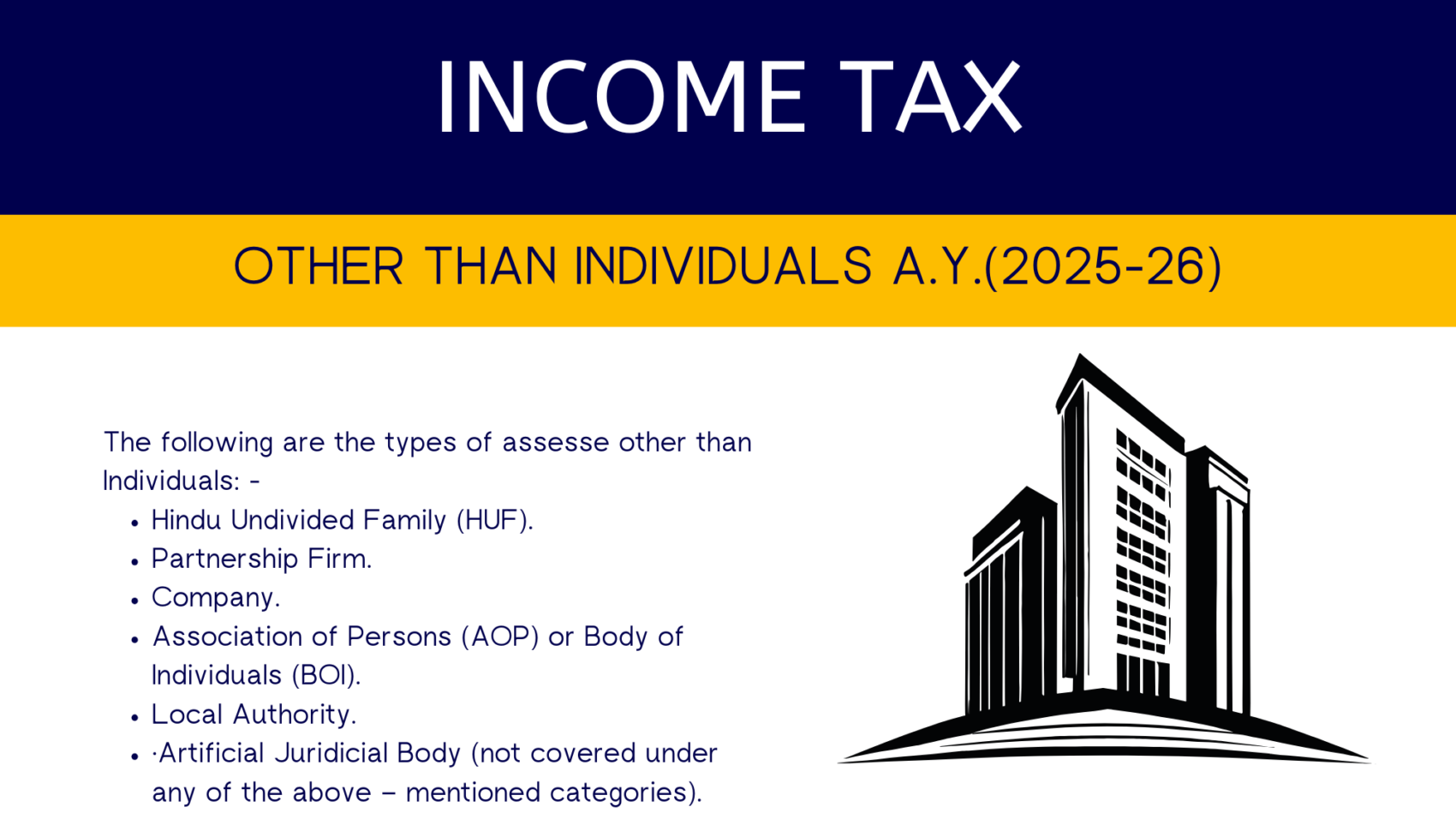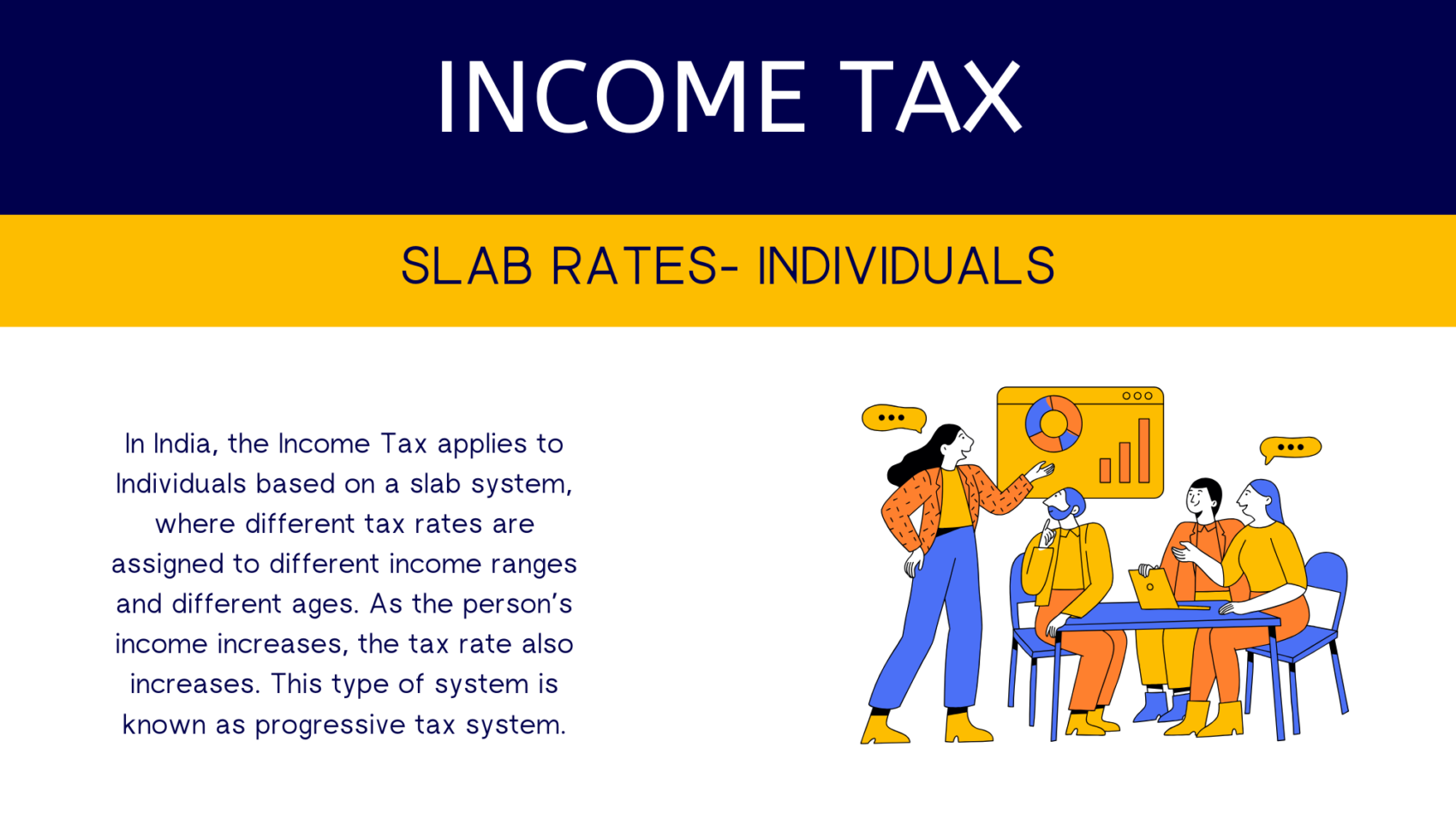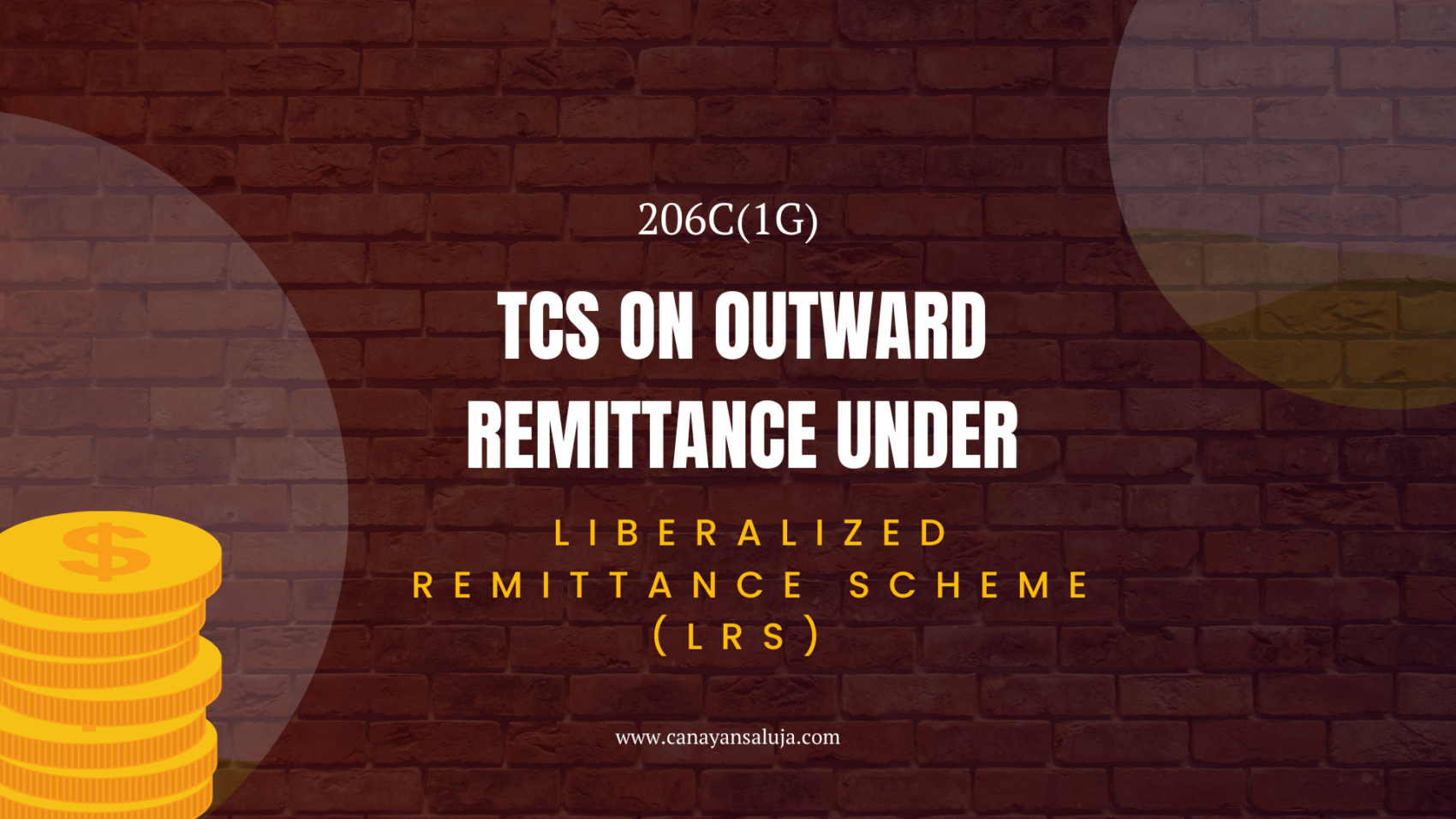SECTION 206C(1F): TCS ON SALE OF MOTOR VEHICLES
.
1.What do you mean by TCS?
TCS stands for Tax collected at Source. TCS is a kind of tax that is collected by the seller from the buyer on sale of certain type of goods if the amount exceeds a specified limit, so that it can be deposited to the government.
.
TCS is required to be collected at the source if the value of transaction exceeds a specified amount.
.
The purchaser can claim this tax collected by the seller while paying his income tax liability for the year, and if the TCS collected is more than the income tax liability of the assessee then he/ she will be entitled to a refund.
.
The main purpose of introduction of TCS was to reduce the Tax evasion by the person receiving the income.
.
Note: –
Seller– A seller who sells specific goods and is responsible for collection of tax from the purchaser.
.
Purchaser– A purchaser is the person who buys specific goods from seller is responsible for paying TCS amount to seller.
.
2. What is TCS under Section 206C(1F) of Income Tax Act?
Section 206C(1F) of Income Tax Act, 1961 mandates the collection of tax at source (TCS) on sale of motor vehicle.
.
3.When is TCS to be collected under Section 206C(1F)?
TCS requirement arises:
• Debiting the money payable by the buyer to their accounts in books.
Or
• Upon receipt of such money from the buyer in any mode, whichever is earlier.
.
Few examples of date of collection are: –
.
|
S.no
|
Date of Payment
|
Date of debiting the money payable by the buyer
|
Date of TCS collection
|
|
1.
|
30/04/2024
|
30/04/2024
|
30/04/2024
|
|
2.
|
30/04/2024
|
01/05/2024
|
30/04/2024
|
|
3.
|
01/05/2024
|
30/04/2024
|
30/04/2024
|
|
4.
|
01/05/2026
|
30/04/2024
|
30/04/2024
|
.
.
4.Who is required to collect TCS under Section 206C(1F)?
Any person other than Individuals/ HUFs (Individuals/ HUFs are required to collect TCS if their turnover is more than Rs. 1 crore or gross receipts is more than Rs. 50 lakhs during the previous year) are required to collect TCS under Section 260C(1C) on Sale of Motor Vehicles exceeding Rs. 10 lakhs.
.
NOTE: –
The threshold limit of Rs. 10 lakhs has to be looked at on each individual purchase and not on aggregate purchases made during the year.
.
Example: –
Example 1: – Whether TCS @ 1% will be applicable on sales of BMW car to Mr. Sahil for self-consumption amounting to Rs. 118 Lakhs (100 lakhs plus 18% GST)?
.
Yes, TCS will be applicable @1% under Section 206C(1F) as Mr. Sahil is a consumer not a dealer.
.
Example 2: – Guruji motors (Car dealer) sold a Tesla car to Mr. Kunal and the amount was Rs. 212 Lakhs including GST. What will be TCS implications?
.
Guruji motors shall collect TCS @ 1% on amount of Rs. 212 Lakhs since car is sold by a dealer to an individual and not sold to a car dealer.
.
Example 3: – BMW ltd sold 20 BMW cars @ 1 crore each plus GST @ 18% to Maruti motors. Explain TCS/TDS implications?
.
TCS @ 1% will not be applicable on this transaction as the transaction is between dealers and not between dealer and consumer, but TDS/ TCS will be applicable on the transaction under Section 194Q/ 206C(1H) subject to the terms & conditions.
.
5.Rate of TCS under Section 206C(1F)?
The TCS rate under this Section is: –
.
|
Sl no.
|
Nature of transaction
|
TCS if pan is available
|
TCS if pan not available
|
|
1.
|
Sale of motor vehicle exceeding Rs. 10 lakhs
|
1%
|
5%
|
.
6.Exemption under Section 206C(1F)?
No TCS if: –
• The buyer is a public sector company engaged in the business of carrying passengers.
• The buyer is Central government, State government, High commission, Consulate, Trade representation, Local authority.
• If the buyer T/o of the last year more than Rs. 10 crores then buyer is required to deduct TDS u/s 194Q.
• If the T/o of seller during the previous year is less than Rs. 1 Crore.
• If the gross receipts of seller during the previous year is less than Rs. 50 lakhs.
• The sales is made by manufacturer to dealers/ distributors.
7.Time limit for deposit of TCS under Section 206C(1F)?
The due date for deposit of TCS is as below: –
|
Month
|
Due Date
|
|
April
|
On or before 7th May.
|
|
May
|
On or before 7th June.
|
|
June
|
On or before 7th July.
|
|
July
|
On or before 7th August.
|
|
August
|
On or before 7th September.
|
|
September
|
On or before 7th October.
|
|
October
|
On or before 7th November.
|
|
November
|
On or before 7th December.
|
|
December
|
On or before 7th January.
|
|
January
|
On or before 7th February.
|
|
February
|
On or before 7th March.
|
|
March
|
On or before 30th April.
|
.
.
8.What is the due date for filing of TCS return under Section 206C(1F)?
TCS is to be deposited monthly on the dates mentioned above but the return is to be filed quarterly on or before the below mentioned dates: –
|
Quarter
|
Period
|
Due date (TCS filing)
|
|
1St quarter
|
April-June
|
15TH July.
|
|
2nd quarter
|
July-September
|
15TH October.
|
|
3rd quarter
|
October- December
|
15TH January.
|
|
4th quarter
|
January- March
|
15TH May.
|
.
.
9.Type of TCS return & form to be issued?
TCS under this section has to filed quarterly through FORM 27EQ and the collector has to issue FORM 27D to the buyer within 15 days of filing of return.
.
10.Fees/ Penalties for Late/ Non- Filing of TCS u/s 206C(1F)?
Following penalties/fees will be levied if there is delay in TCS collection or delay in deposit of TCS or non-filing of quarterly return.
|
Particulars
|
Penalty
|
|
TCS not collected on time.
|
1% per month or part of month.
|
|
TCS collected but not deposited before due date
|
1.5% per month or part of month.
|
|
TCS return not file on or before due date
|
200 per day maximum till TCS amount.
|
.
.
.
11.FREQUENTLY ASKED QUESTIONS?
.
Q. What is the threshold limit for TCS under 206C(1F)?
A. The threshold under Section 206C(1F) is Rs. 10,00,000 per individual transaction.
.
Q. Is Section 206C(1F) applicable when the payee is a non-resident?
A. YES, this section also applies when the buyer is non-recipient.
.
Q. Is TCS applicable on GST amount also?
A. YES, TCS u/s 206C(1F) is also applicable on GST amount, TCS is applicable on total amount including gst.
.
.
.
.
.
.
.
.











